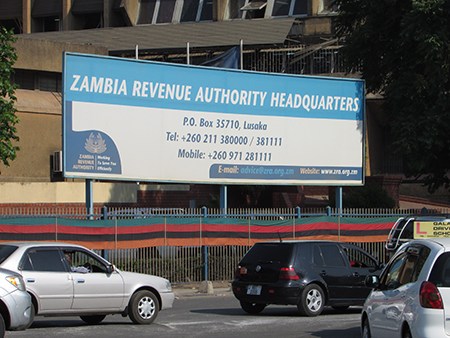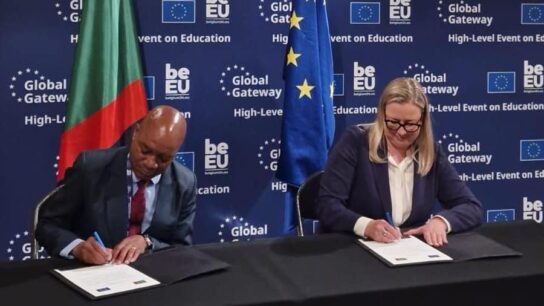• The burden and future cost of keeping learners out of school is huge.
• The continued closure of schools should have been accompanied by a robust investment in remote learning modes.
• Government should adequately resource schools for them to embrace blended learning modes.
Zambia National Education Coalition (ZANEC) has reaffirmed calls for the Ministry of Finance to adequately fund schools so that they can embrace blended learning modes amidst the COVID 19 pandemic.
Organization Board Chairperson Henry Kabwe told Money FM News that if adequate financial investment is given, learning can continue even amidst the pandemic.
Mr. Kabwe said although the directive regarding the continued closure of colleges and universities was premised on continued learning through remote platforms, there was no mention of how early learning centers, primary and secondary schools will benefit from continuity of learning at home.
“The continued closure of schools should have been accompanied by a robust investment in remote learning modes aimed at providing remote learning at home involving multi-platform programs that combine online lessons, television, radio and paper based materials.”
“The only justification for keeping our schools closed now is that we have not funded our schools enough to make them resilient to the current wave of the COVID-19 pandemic. We believe that given adequate financial investment in the health and safety of our learners and teachers in schools, continuity of learning can be assured even amidst the current pandemic,” Mr. Kabwe said.
He noted that the burden and future cost of keeping learners out of school without any form of continuity of learning at home is huge.
“This also means that the current learning loss will lead to more future deaths than the COVID-19 pandemic through a generation of doctors and health workers who had a bad foundation. The only difference being that these deaths will happen in future. This is not to mention the huge economic loss and loss in future incomes of our current learners who will drop out of school as a result of loss of interest in school due to the long closure,” he noted.
Mr. Kabwe stated that the organization expected government to take a decisive action on recapitalizing the Education Broadcasting Services (EBS) and granting it a licence to air radio education programmes countrywide as a short term measure and start planning to air television education programmes countrywide as a long term measure.
He further stressed the need to continue adapting strategies to ensure continuity of learning amidst the COVID-19 pandemic.
“Specifically, the likely continued resurgence of COVID 19 cases requires that government plans for blended education provision where some schools in low risk localities such as rural areas can remain open, while those in high risk localities like urban areas can close and revert to remote learning as they go in temporary lock-downs because of the spiking COVID-19 cases. This will help ensure continuity of learning for all learners regardless of the COVID-19 situation.”
Last week, government directed that schools should reopen on August 16, subject to the inspection and certification by the Ministries of General Education, Health and the Disaster Management and Mitigation Unit (DMMU).







